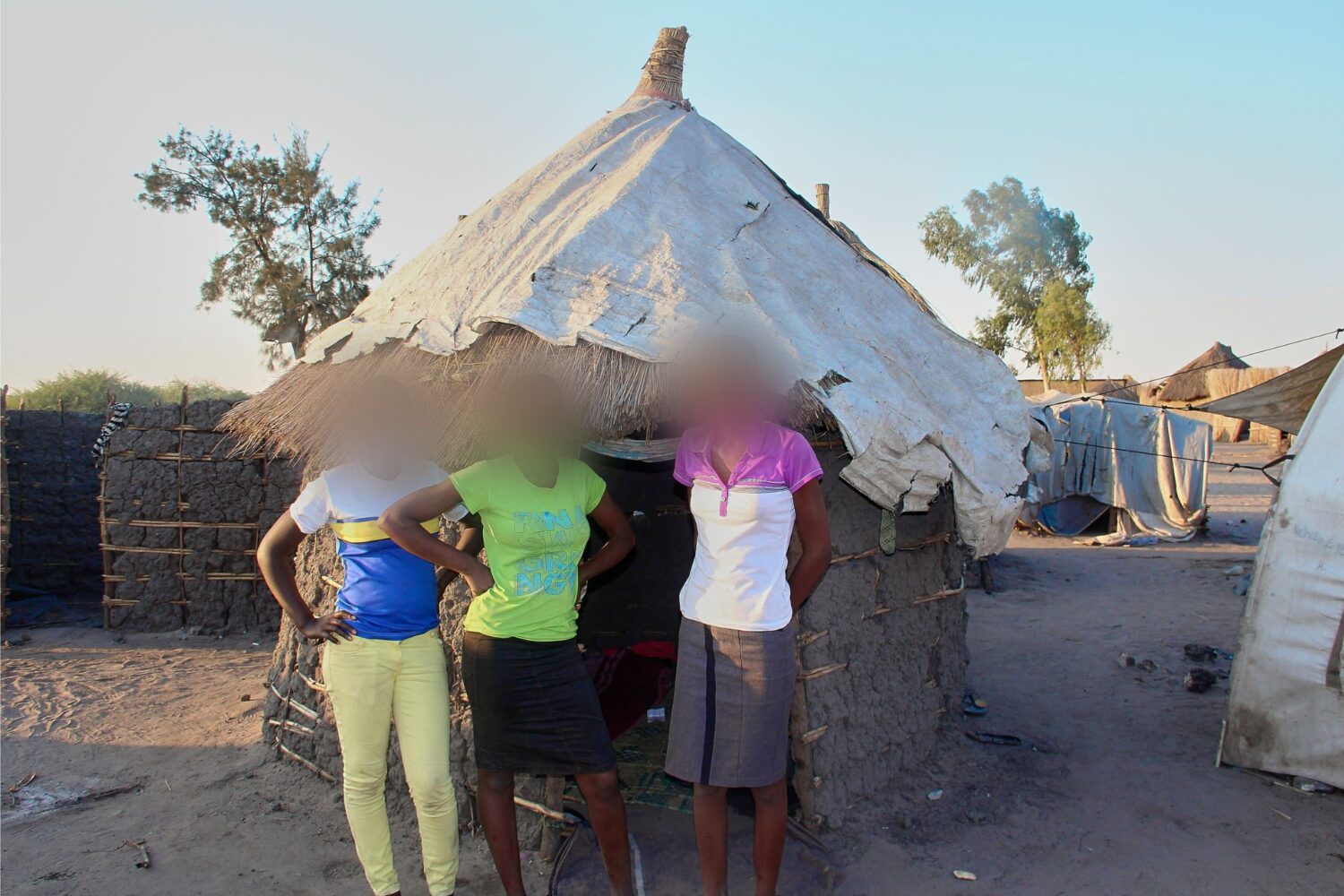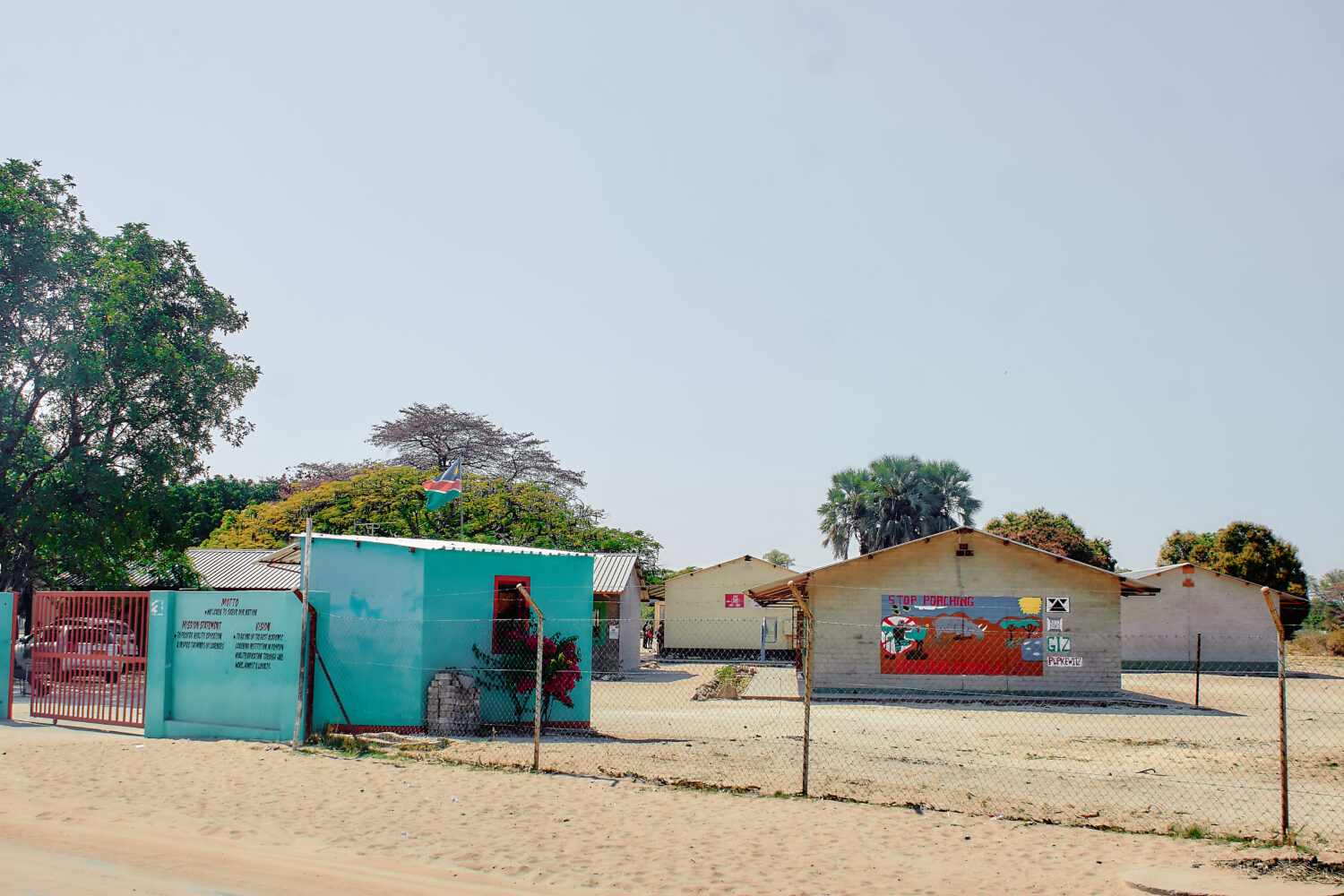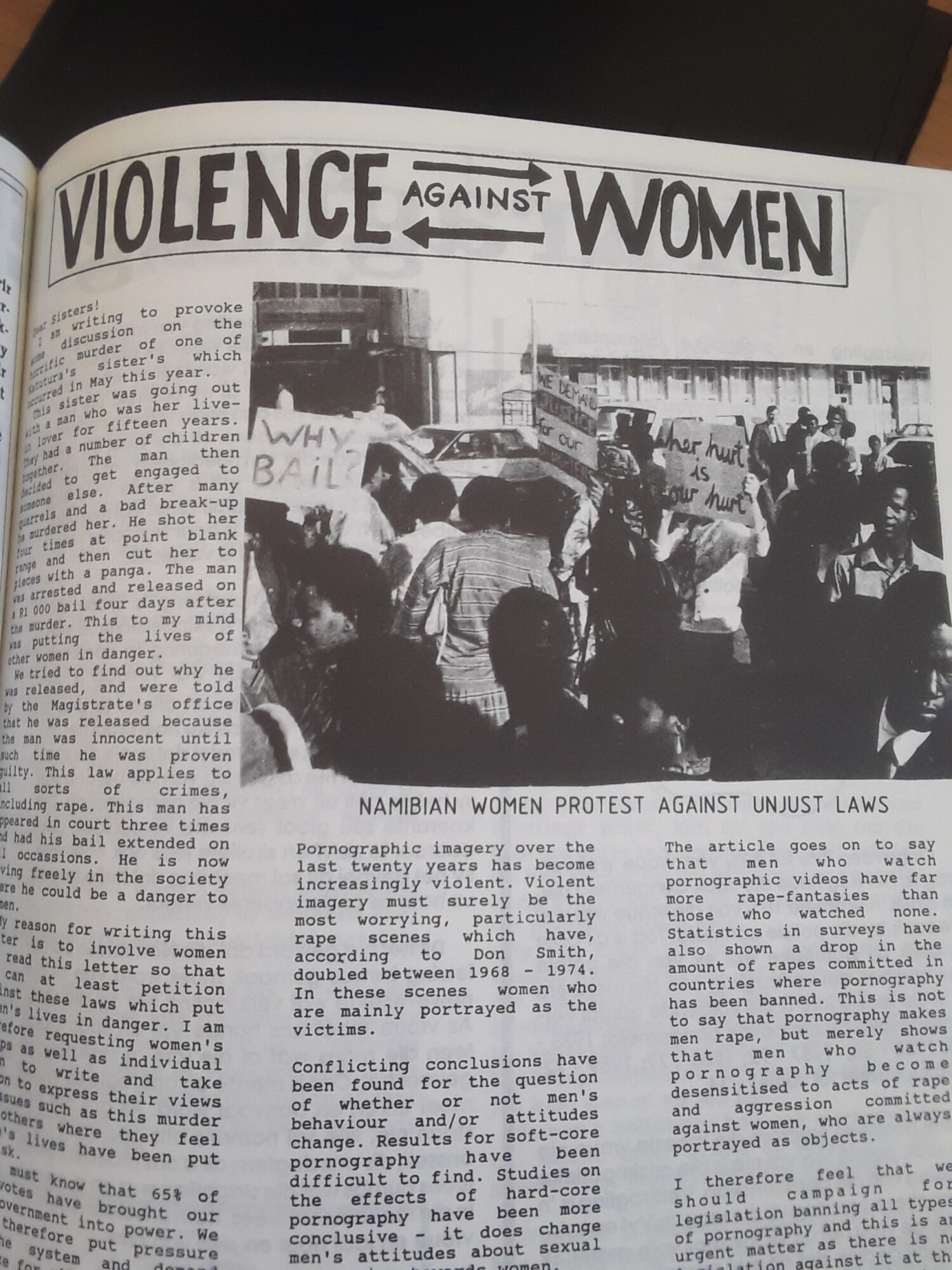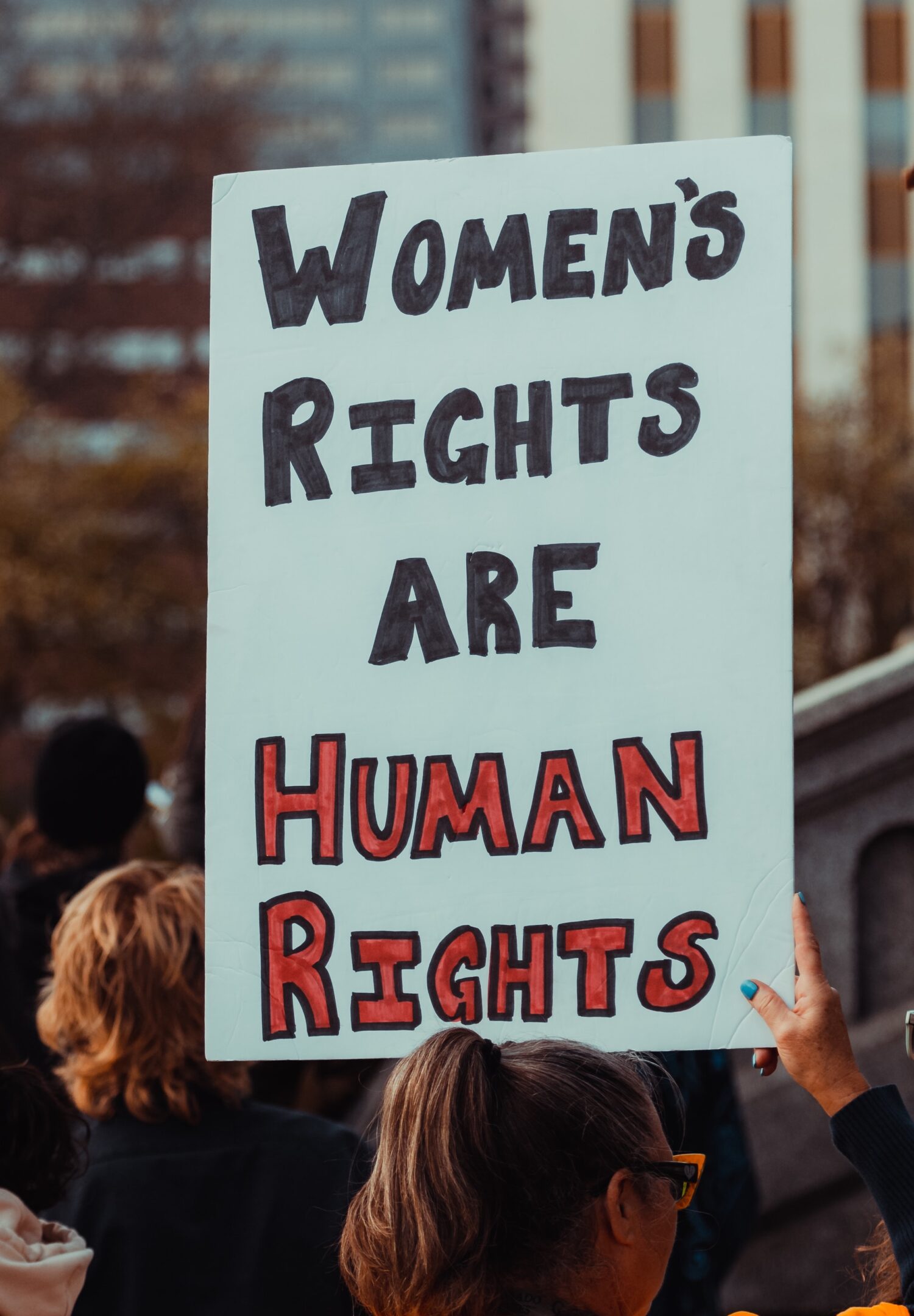Namibia’s law states that abortion is legal in cases of rape, incest, or where continuing the pregnancy would threaten the mental or physical health of the mother, or the life of the mother or foetus. The Maputo Protocol, which should form part of Namibia’s domestic law, says the same thing. It also says that African women have the right to choose how many children they have, when they have them,… Keep Reading

Abuse thrives in makeshift hostels
Rosemary Nalisa For many learners in the Zambezi Region, access to education is limited by an incredibly practical hurdle: distance. These learners have to decide whether to stay home with their parents or guardians, or find accommodation at schools kilometres away in hopes of accessing better education. ‘Home service’ facilities are common in the rural areas of the region where they serve as accommodation facilities for learners whose homes are… Keep Reading

Teenage pregnancy: when grandparents carry the burden
The adage “education is key to success” is a phrase emphasised amongst all sectors of society in the Zambezi region battling to reduce rising numbers of teenage pregnancies and ensure that teenage girls stay in school. The situation is raising alarm bells, as many poor and rural families experience the negative ripple effects brought about by their teenage children becoming parents and leaving them with no option other than to… Keep Reading

Community perceptions of rape overshadow the law
Ester Mbathera For many of the people at Divundu settlement, ‘rape’ or ‘statutory rape’ are foreign terms that they only read or hear about in the media. These forms of sexual abuse are not widely spoken about, despite the high pregnancy rates among young girls under the age of 15. These pregnancies are often the result of sexual relationships between young girls and older men meaning that they are legally… Keep Reading

Contraceptive shortages in rural Namibia leave young people vulnerable
Words and Images by Ester Mbathera The Divundu settlement on the banks of the Kavango River is one of the communities with high teenage pregnancy rates in the Kavango East region. In this village, 200 kilometres from the region’s capital of Rundu, it isn’t unusual to find girls as young as 13 who are mothers, and girls who have two children by the age of 15. The contraceptive injection, which… Keep Reading

The Maputo Protocol: mapping a moral obligation
The Maputo Protocol “places a moral obligation on African UnionMember States to promote equal opportunities formen and women to play meaningful roles in society,” according to the Women, `Gender and Development Directorate of the African Union Commission. In the 18 years since Namibia has signed the Maputo Protocol, it has rarely been mentioned by our leaders, or by anyone talking about gender equality, despite signing on to this moral obligation…. Keep Reading

Maputo Protocol: nothing but empty promises?
Welcome to Sister Namibia’s newest project: Mapping Maputo 2022! The Maputo Protocol, or the Protocol on the African Charter on Human and Peoples’ Rights On the Rights of Women in Africa, is an instrument adopted by the African Union in 2003 as with the goal of guaranteeing the rights of women in Africa. As of May 2022, it has been signed and ratified by 42 countries, and signed by nine… Keep Reading